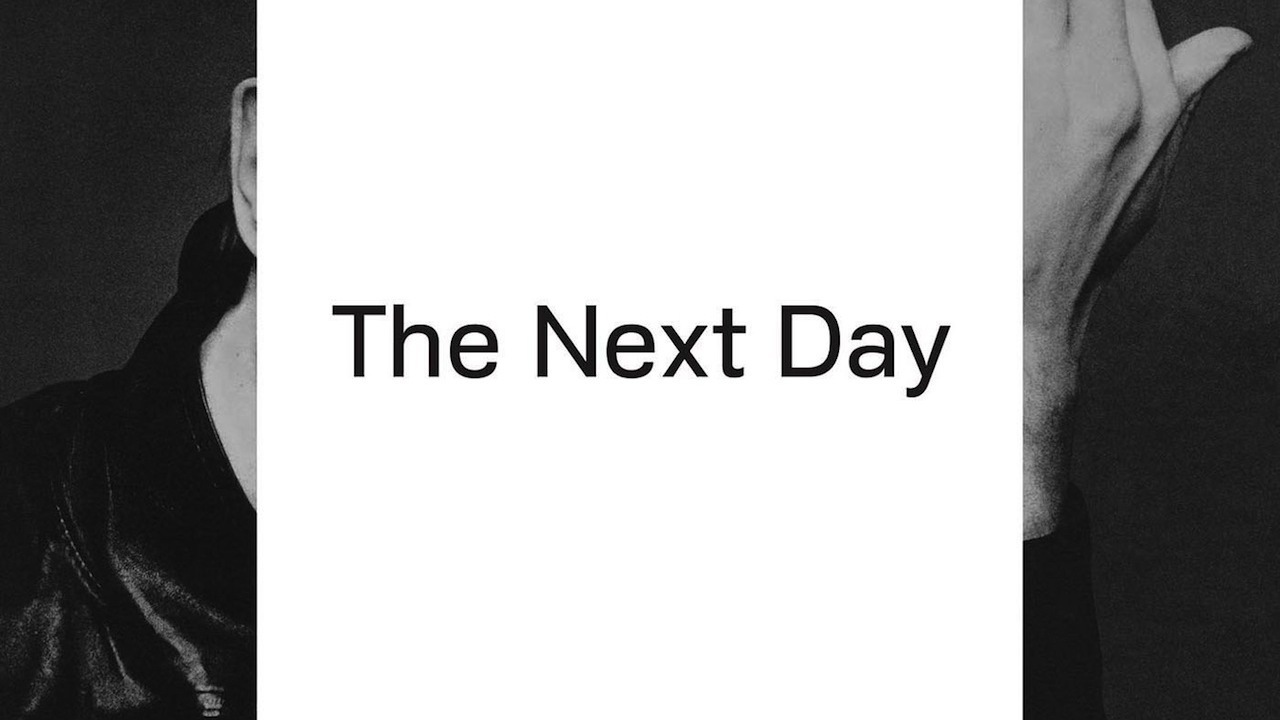After a decade of studio silence, and a major health scare a few years back, do the Dame still got game? On audible evidence, the answer is: Hell yeah! When that single (complete with extraordinary vid) suddenly dropped seemingly from nowhere, and this album – constructed over the past couple of years behind a wall of absolute secrecy by The Actor and his longest-serving collaborator, Tony Visconti – was primed and waiting in the wings, the buzz was deafening.
Here was a somewhat battered legend – whose last few albums had been occasionally intriguing but only intermittently lit by any flashes of his old brilliance, a Great Rock Futurist responsible for so many Great Leaps Forward – who was now looking back into his own past; a seemingly-ageless Great Male Beauty appearing in his vid looking unashamedly… old. Those presumed by the meejah to be somehow in the know were repeatedly asked: is Bowie dying? Well, he answers that particular question on the curtain-raising title track: ‘Here I am, not quite dying’.
Visconti, delegated (along with guitarist Earl Slick) by Bowie to do the talkage Bowie himself preferred to avoid, had assured us all: a) that DB was in fine physical and vocal fettle, and b) that the enormously affecting Where Are We Now? (a lachrymose archetype of the Bowie Big Ballad at its most melodramatic) was not remotely representative of the entire album which, he said, was very rock. Right on both counts.
At 66, Bowie has sensibly given a major swerve to any notion of being down wid da yoot-dem. Instead he’s made an unmistakable David Bowie album which leads the listener through a gallery of his favourite licks, riffs, grooves, mannerisms and stylistic devices from his own oeuvre, with its focus located loosely and non-exclusively in the period between 1977’s Heroes and 1980’s Scary Monsters. Thus various tracks are based on the Bowie Stomp Beat (think Fashion, Boys Keep Swinging), the neo-50s chord changes of Five Years or Drive-In Saturday, the reggae-funk bump of Ashes To Ashes or Under Pressure.
The guitars (mostly played by Gerry Leonard, David Torn and Slick) reference hallowed Bowie guitar luminaries like Robert Fripp and of course the sainted and much-missed Mick Ronson, and you’ll hear drum intros echoing Five Years or Iggy’s Lust For Life. In fact this album is probably the greatest spot-the-nick exercise since Oasis’s Be Here Now, the difference being that Bowie’s mostly picking his own artistic pockets rather than other people’s. In fact veteran Bowie geeks will be able to entertain themselves for an entire drinking-game evening by quaffing something nice every time they spot one: the problem being that by halfway through they’ll be experiencing serious difficulty remaining upright.
I said ‘mostly’. You Feel So Lonely You Could Die is titled after a line lifted from Elvis Presley’s Heartbreak Hotel; the Stonesy chorus (complete with Keefish riffage) of (You Will) Set The World On Fire and the deeply scary closer Heat, with its ominous end-of-the-world feel and horror-movie intro (‘I tell myself I don’t know who I am… my father ran the prison’), featuring dissonant, Beatly strings alongside Gail Ann Dorsey’s exquisite fretless bass. Spot the rest for yourselves.
As noted, Bowie himself is in fine voice – or voices, moving easily between a raft of vocal stylisations. His two most familiar voices are, paradoxically, the least used: there are few incidences of that Big Important Voice (the resonant baritone croon so gratefully adopted by the likes of Tony Hadley during the New Romantic era), and his stylised cockney. (Visconti has noted that, age and health notwithstanding, Bowie is sill the loudest singer with whom he’s ever worked.) Similarly the texturally dense music shifts between stomping rock and upbeat art-pop and all points in between.
Best bits? Hard to select from an album so generously stuffed with good things. But seek out Dirty Boys (heavy thumb on the ‘dark and sinister’ button), with its hard, Iggoid vocal, tremolo guitar, honking baritone sax and evocations of childhood menace (‘I will buy a feather hat/I will steal a cricket bat… when the sun goes down, the die is cast’) or the searing anti-war lyric of I’d Rather Be High (‘I’d rather be dead or out of my head than training these guns on those men in the sand’).
Bottom line: a vintage Bowie album for vintage Bowie people, of whom there are many; a reflection on his own journey and also on ours. It’s the best thing he’s done since Outside almost two full decades ago: a far, far better Bowie album than we had any right to expect – especially considering that we weren’t expecting another Bowie album in the first place.
